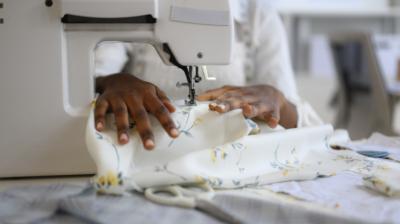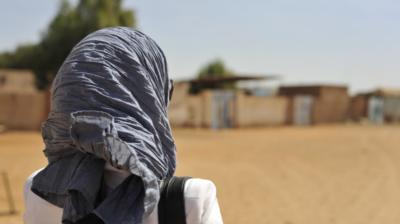Transition to what? African liberation- and pro-democracy movements' troubled democratic heritage
Lise Rakner
Dominant executives, weak democratic institutions and shrinking space for critical deliberation and contestation of political power characterise most countries in Southern and Eastern Africa - despite democratic constitutions and multi-party elections. To what extent is the state of democracy a consequence of the mode and force of transition from colonial or authoritarian rule?
African transitions fall in three broad categories. The first are countries where the armed liberation movements that once secured independence from colonial rulers are still in power (Angola and Mozambique 1975; Zimbabwe 1980; Namibia 1992; South Africa 1994). Then there are the second-generation liberation movements that waged armed struggles against African dictatorships in the 1990s, and have been in power since (Uganda, Ethiopia, and Eritrea). And thirdly there are pro-democracy movements that have seen the establishment of multi-party political systems since the early 1990s in many African countries (Zambia, Malawi). But also in the new democracies there has been a striking weakness of opposition, and the pro-democracy party, once elected, has generally remained in power. As a striking contrast to electoral policies in new democracies globally, African incumbents have seldom lost elections, despite persistent poverty and poor governance.
The purpose of this workshop is to present comparative perspectives of how democratisation processes of different kinds have developed in Africa. Bearing in mind that there seems to be a characteristic trait that both generations of liberation movements as well as the pro-democracy movements to a very large degree failed to fully implement the democratic aspirations that were such an important element both of the anti-colonial struggle and the support for the pro-democracy movement. The new regimes centred more on attaining power, and less on creating a democratic state and society. The sessions of the workshop will investigate key thematic aspects of (anti)democratic development in the region.
The workshop is the initiating meeting of a new research initiative carried out in collaboration between the University of Bergen, University of Oslo, the Nordic Africa Institute and CMI. The workshop is funded by a grant from the Norwegian Ministry of Foreign Affarirs,the CMI-UiB fund and the University of Oslo.
- Democracy and Governance
- Zambia
- Malawi
- Uganda
- Ethiopia
- Mozambique
- Zimbabawe
- Tanzania
- Sub-saharan africa
- Liberation movements
- Democratic transitions
- Media
- Elections
- Political parties
- The judiciary




![Corona überleben: Die Figur der:s Überlebende:n als Trägerin von Hoffnung und Angst in den Politiken einer Krise im Werden [Surviving Corona: The figure of the survivor as bearer of hope and fear in the politics of an emerging crisis]](http://www.cmi.no/img/400/18259-Corona-und-mediale-ffentlichkeiten.png)
